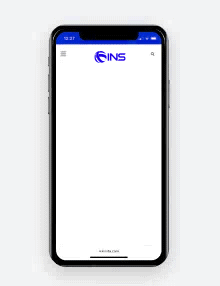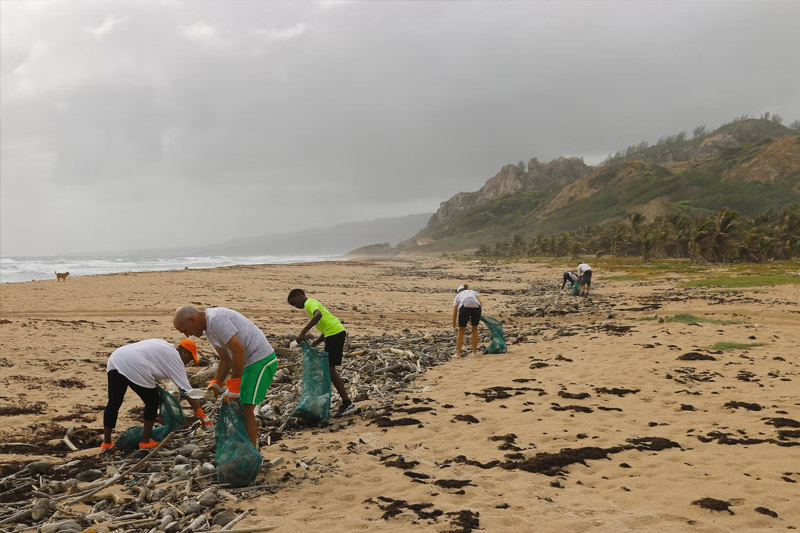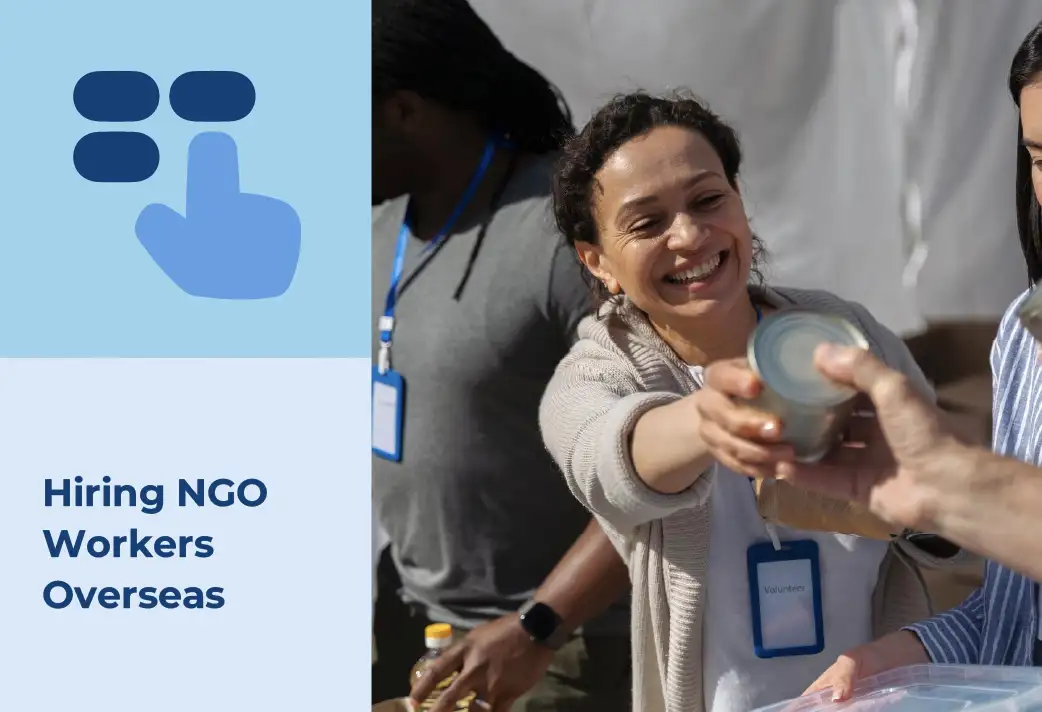Working for a non-government organization (NGO) differs in many ways from the profitable private sector. Non-profit businesses encounter new challenges and require specific skillsets and employee profiles, making existing talent pools seem limited.
Therefore, NGO recruitment should be seen as a vital component of fulfilling important missions. This article discusses hiring NGO workers overseas and suggests ways of hiring foreign talent while reducing recruitment costs.

Tired of scrolling? Download a PDF version for easier offline reading and sharing with coworkers
In a hurry? Save this article as a PDF
Tired of scrolling? Download a PDF version for easier offline reading and sharing with coworkers.
Fill up the form below 👇🏼
What Is an NGO?
A Non-Governmental Organization (NGO), is a non-profit group run by individuals to promote political or social objectives. Their work is conducted locally, nationally, or worldwide, depending on the organization.
NGOs frequently accept funding while maintaining their NGO status, including from government sources. However, governments cannot participate in making decisions or control their activities.
What Do Non-Governmental Organizations (NGOs) Do?
NGOs manage a wide range of organizations. The World Bank describes two different kinds of NGOs: operation and advocacy.
Advocacy NGOs promote specific concerns, while operation NGOs work on development initiatives. More prominent NGOs commonly combine these two activities.
They typically involve worldwide health education, environmental activism, emergency relief, women’s and children’s rights, and other relevant activities.
Some of the most recognized NGOs are:
- Oxfam
- Red Cross
- Greenpeace
- World Wildlife Fund
- Amnesty International
- Catholic Relief Services
- Doctors without Borders
Hiring Checklist to Improve Your Recruitment Process
When hiring the use of a checklist will assist you in systematizing your recruiting process

Other Types of NGOs
Depending on their specialized activities, it’s possible to further subdivide NGOs into their areas of operation. These are among the most common forms of NGO:
1. INGO – International NGO
These charitable nonprofits are “international” when they generate funds in wealthy economies to provide resources in low to middle income countries.

2. ENGO – Environmental NGO
This model includes environmental organizations that work on questions such as climate change. ENGO partnerships are now a norm for businesses worldwide. Corporations from the private sector often partner with ENGOs to promote company green policies.
3. BINGO – Business and Industry NGO
This category of the non-governmental group is regarded as pro-business, typically on a global scale. They typically promote company ethics and responsibility efforts and include organizations like the Global Climate Coalition.
4. GONGO – Government Operated NGO
The title “GONGO” is given to organizations primarily by government initiatives. The International Union for the Conservation of Nature (IUCN) is a government operated NGO.
Even though governments create and fund GONGOs, most global activist groups still see them as NGOs because of their human missions.
Ways to Hire NGO Workers Globally
There are already NGOs based all around the world. However, the qualifying rules for NGOs differ between countries.
Global employment requires understanding multiple versions of local labor laws. When operating overseas, it’s worth knowing what local companies offer to new recruits.
For instance, legal matters concerning an NGOs status work differently depending on the nation. In many regions, this may hinder or restrict the ability of an NGO to hire appropriate staff. Failure to properly provide for employees engaged overseas can lead to serious legal problems.
Fortunately, there are other ways for an NGO to recruit overseas that limit the costs and complexities involved.
1. Global PEO/Employer of Record (EOR)
Delegating the employer-employee relationship to a third party is called using a Professional Employer Organization (PEO) or an EOR solution. It is common to apply these kinds of co-employment in situations of international recruitment. This is especially true where a corporation cannot lawfully hire an employee abroad by itself.
A PEO company will take responsibility for matters like international recruitment, visa sponsorship and application, payroll, and taxes.
When operating as the worker’s legal employer, the employment services provider operates on behalf of the NGO.
Whether through Employer of Record or international PEO services, these providers guarantee that the recruiting process meets all local regulations when hiring overseas.
2. Independent Contractors
Organizations may consider using contractors when hiring NGO personnel as a practical approach to hiring individuals efficiently. Firms that use contractors avoid having to offer employee perks, including vacation and pensions.
However, particularly in how they relate to NGOs, employers should know all relevant concerns such as employment class problems.
Misclassification occurs when hiring contractors but handling them as employees. Companies may do this on purpose or not, for example, by offering unique payroll and employee benefits to the contractor.
An NGO should make every effort to avoid wrongly onboarding a contractor, as this can result in high costs and penalties.
Employment regulations differ between governments, but there are general rules to consider.
3. Overseas Subsidiary
An overseas legal entity or subsidiary allows NGOs to enter new international markets. However, this strategy might not be affordable for small enterprises with limited resources. It is also far more subject to shifts or changes within developing regions.
Setting up a subsidiary abroad may not be practical from a time perspective. In addition, this process requires compliance with and knowledge of burdensome regulations.
Get INS Global Expertise When Hiring as an NGO
As a qualified global EOR provider of choice worldwide, we understand the challenges of operating in multiple countries and regions.
Our EOR and PEO services provide worldwide expansion solutions to help you establish a presence abroad. Through this you can recruit internationally, handle payroll, manage employee benefits, and more.
Our experts utilize a variety of methods for selecting and hiring the best in overseas talent. From job boards to offline searches, we attract the top talent for you. We also aid you through the employment contract stage, ensuring compliance with local law and employee happiness.
Our search and HR management services include full knowledge of local requirements as well as your unique company culture. We know international development starts with the staff you hire. As a result, we design all our solutions to ensure your staff will be satisfied day to day.
We simplify worldwide expansion by adding a network of specialists with localized industry experience. We are capable of furthering every part of your NGO’s development into new markets safely and simply.
Request professional assistance via a free consultation from one of our advisors today.

SHARE